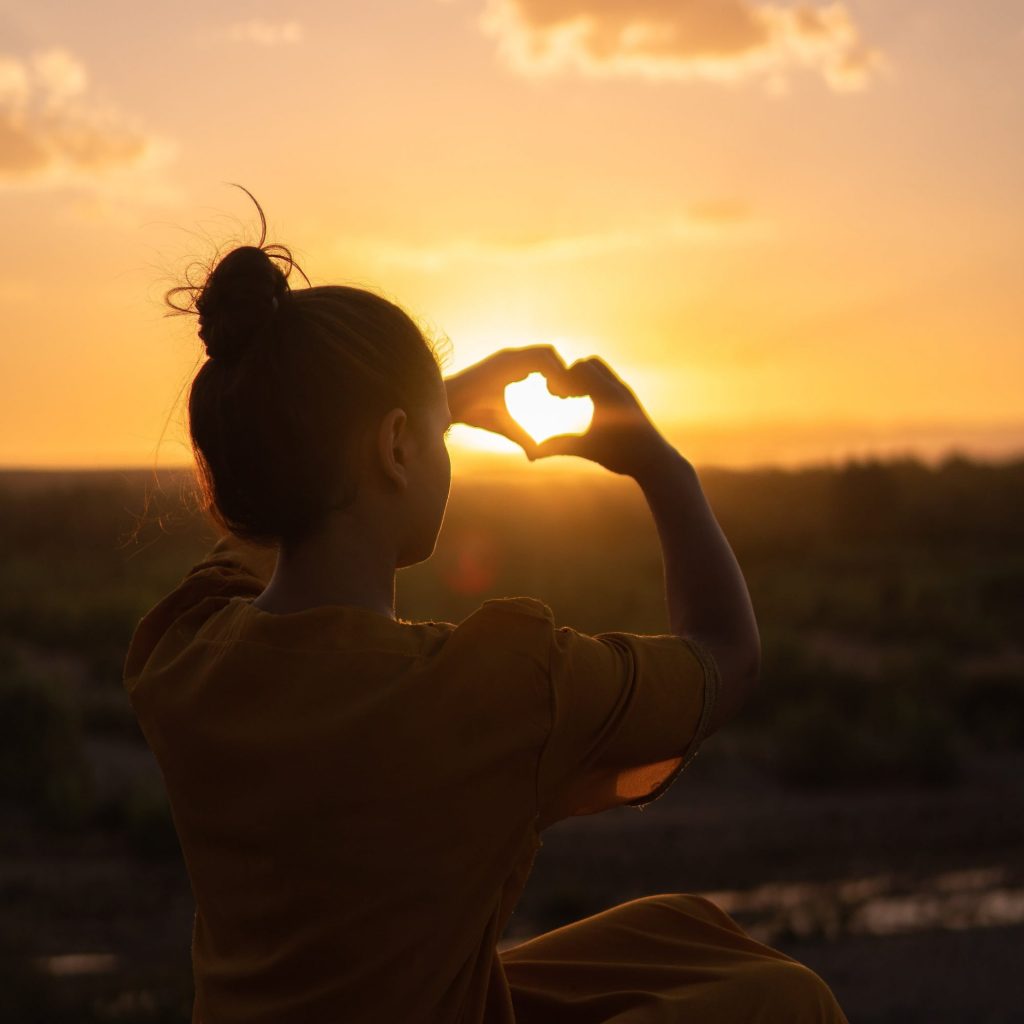I found out that I had major depressive disorder when I was 19. I was living with it before then, but I didn’t have the language or information I needed to describe what I was feeling until I reached college. Depression has controlled my life in many ways, causing me to miss untold birthdays, meetings, interviews, and social gatherings as well as leeching the joy out of my everyday experiences – but for all that, I am grateful to have depression for a number of reasons.
It’s Helped Me Develop Empathy
I have always been a good listener, but after slogging through devastatingly low periods, I also have the ability to truly feel for the suffering of others. I am grateful for this every time one of my friends is struggling. I think back to how I felt and what I wish someone had told me, and I do my best to be there for them. I know how lonely it can feel and how the pain seems to be unending, and I seek to be a voice of support to my loved ones.
I’ve Learned to Practice Gratitude
If there’s one thing depression is good at, it’s slowing everything down – hours seem like days and days like weeks. The gray listlessness can feel unending. That’s why when something good happens, I appreciate it to its fullest. It’s usually something small that breaks through to me: the way the sunlight falls on a tree branch, or receiving a kind text from a friend. I’ve learned to savor these little moments and hold them close, storing up for the hard times. Now when I have happy days, they too seem unending and over-filled with treasures.
It’s Given Me a Support Network
One of the worst parts of depression is how it can affect relationships. When I am in the depths, I don’t feel that I am able to reach out. This also means it’s very difficult for me to make new friends. I tend to seem flaky and inconsistent, often cancelling hang-outs at the last minute. It is a difficult balance of wanting to be honest but not wanting overburden a new person, and not everyone understands even after I tell them. Luckily, though, this has proven to be an excellent test of friendship. It turns out the people who don’t understand mental health or who aren’t patient enough to get to know me, probably weren’t going to be very good friends anyway. And now, I find myself supported by people who get it, people who I trust to be there for me in the good times and the bad.
I Know When to Ask For Help
Communicating while depressed is like trying to speak while underwater. It’s not easy, and sometimes it feels like you’re drowning. But, by necessity, my depression has made me very good at asking people for help. I even went so far as to make a list of people to call when I start to feel overwhelmed. They don’t always have an answer, but just talking to someone about the situation usually makes it better. Even when it isn’t depression-related, I feel comfortable talking about my difficulties as well as my triumphs, and it has deepened my friendships and relationships significantly.

